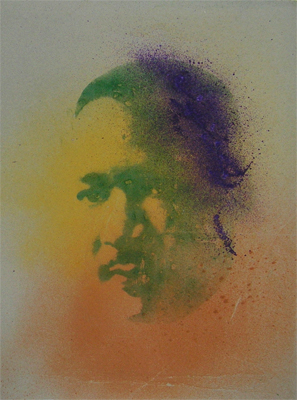“I don’t know why I left, but I left on my own, and it won’t be long till-I, till-I, till-I get on back home...”
My work engages the enigmatic experience of the war is not media specific. I found myself in Iraq working as a combat medic, about the same age and with the job that my Grandfather had in New Guinea in the Second World War. How did I get here? My work becomes the means of collecting and analyzing data about the historical, cultural, ethical and contemporary aspects of war and the act of making provides relief in the process. There is a value to expressing something in creation; the piece becomes an object that becomes data of war. The layers and complexities of the different visual data inform critical choices for installation. War is mental and physical overload and my aesthetic of violence and war is most effective when it is engulfing, overwhelming, and creates a visceral experience for the viewer.
It is important to hear directly from the participants and the arts provide form where the experience and its results can be remade into something tangible.
Something that allows the outsider (non-combatants) a chance to feel a sliver of our emotions their tax dollars paid for. It is vital to remove the spin from the combatants’ experiences.
Combat Paper and the Veterans’ Book Project have given me the opportunity to participate as a facilitator in the growing consciousness surrounding war. Going through war as an artist gave me perspective allowing a unique awareness to the great delicacy, responsibility, and foresight that is required for a non-parasitic relationship in public practice.
The change started to resister for me when the Abu Ghraib pictures surfaced and while I was disgusted like everyone else, but, I also thought—well, I would much prefer a naked pyramid any day of the week over my head getting cut off and the video being posted on the internet for the family to see. But there are videos of American soldiers killing on the internet. The cycle starts and everything else falls away. Ideas of right and wrong are already conditioned out of soldiers. Learning how to kill, wanting to kill, and being rewarded for it--having it be an honorable thing, is part of the training to become a soldier.
I think of myself as the bullet and the target simultaneously. Murphy’s Laws of Combat States, “When the enemy is in range, so are you.” My work narrative oscillates between victim and perpetrator-- the ‘other’ is also me.
It is not the other that commits the atrocities that are part of the war experience. It is people like me, an eagle scout, member of the national honor society, my mother’s youngest son. It didn’t take me very long to get to the place where I wanted to join the ranks of atrocity, because it is the energy and essence of war, the most beautiful and most horrible intertwined in a never ending knot.
“Oh Mamma Mamma can’t you see, what this war has done to me...but it won’t be long, till-I, till-I, till-I get on back home.”
—Jesse Albrecht
-
UneXploded Ordinance
2010 Ceramic, Combat Paper, Found Objects
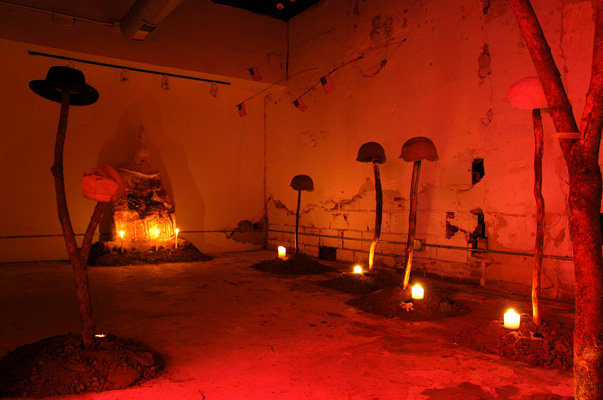
-
UneXploded Ordinance
2010 Bronze, Ceramic, Wax, Photographs, Found Objects
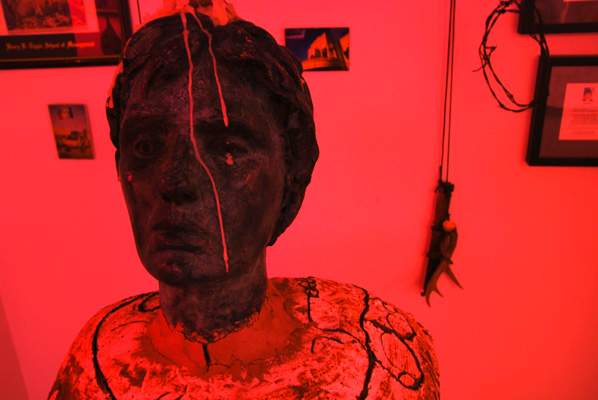
-
Thanks For Your Service
2010 Cast Combat Paper (Life-sized)

-
UneXploded Ordinance
2010 Ceramic, Bronze, Cast Combat Paper, Found Objects
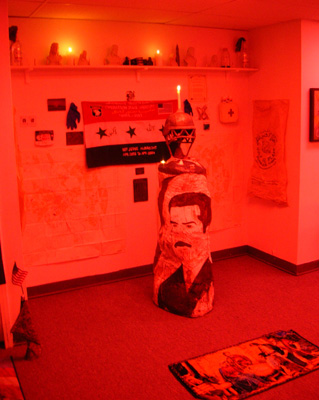
-
UneXploded Ordinance
2010 Photographs, Shotgun Barrel, Found Objects, War Memorabilia
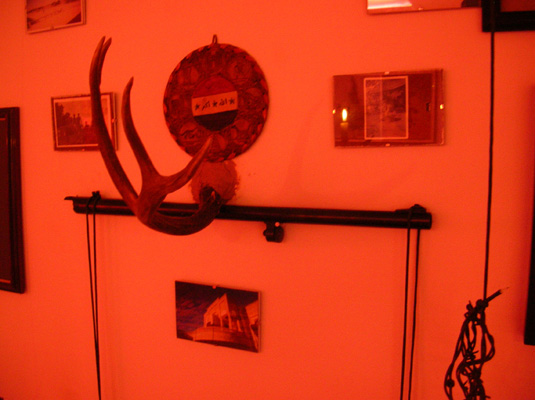
-
Bemis Center For Contemporary Art, Omaha
2010 Jesse Albrecht-Once-Upon-a-Time-David Dunlap

-
The Jellyfish Parrot (The Execution of Jesse Albrecht)
2005 Mixed-Media Drawings, Ceramic, Video
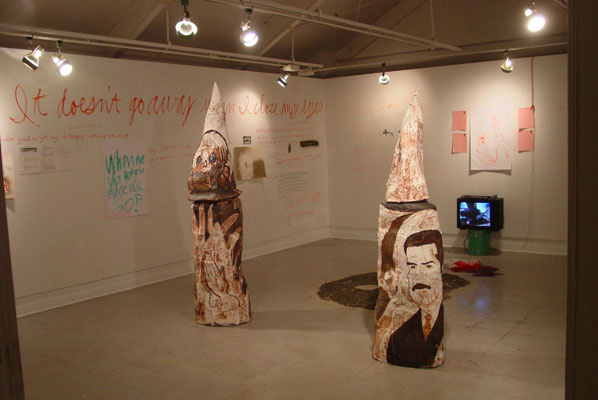
-
The Jellyfish Parrot (The Execution of Jesse Albrecht)
2005 Mixed-Media Drawings, Ceramic, Video
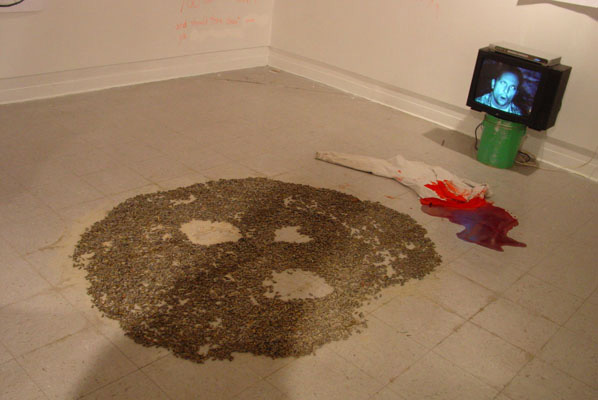
-
The Jellyfish Parrot (The Execution of Jesse Albrecht)
2005 Mixed-Media Drawings, Ceramic, Video
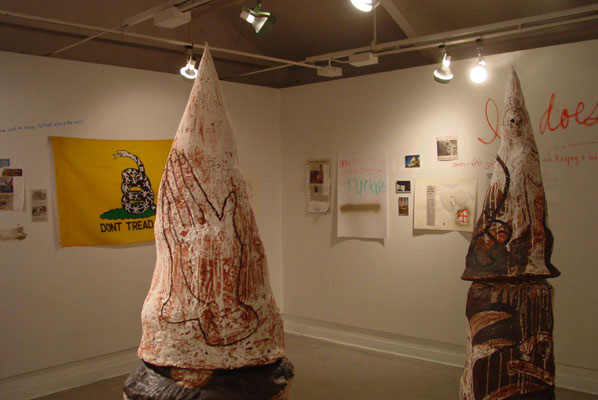
-
Bronze, Life-size replica of Kevlar M-16 AZ Rifle, Combat Boots, Flag Flown over U.S. Capitol
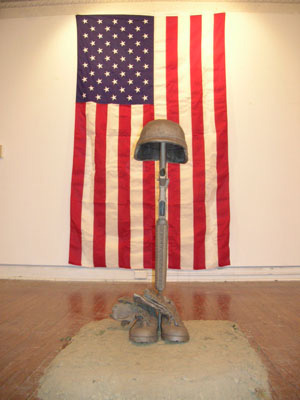
-
Detail- Bronze, Life-size replica of Kevlar M-16 AZ Rifle, Combat Boots, Flag Flown over U.S. Capitol
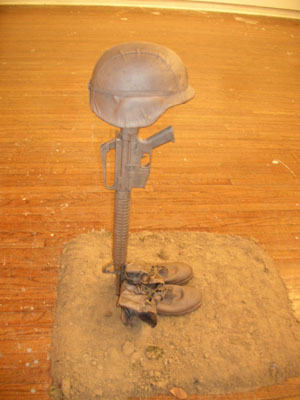
-
UneXploded Ordinance
Bronze, Found Objects

-
UneXploded Ordinance
2010 Ceramic, Bronze, Cast Combat Paper, Found Objects
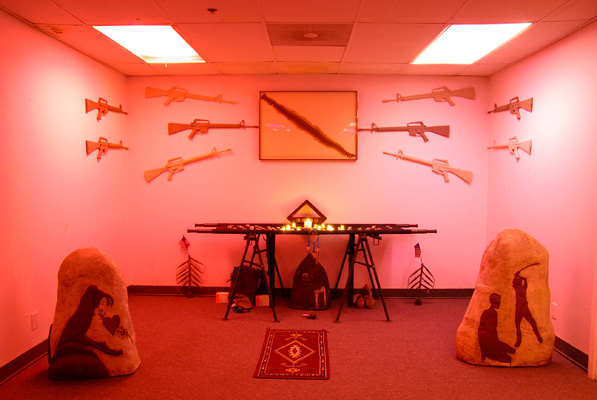
-
UneXploded Ordinance
2010 Ceramic, Bronze, Cast Combat Paper, Found Objects
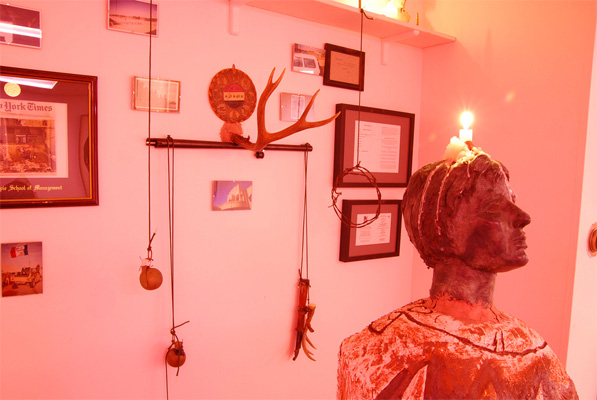
-
UneXploded Ordinance
2010 Ceramic, Bronze, Photographs, Cast Combat Paper, Found Objects
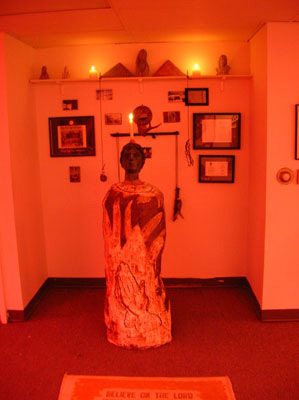
-
Bronze, Western Diamondback Rattlesnake and Roses
2010
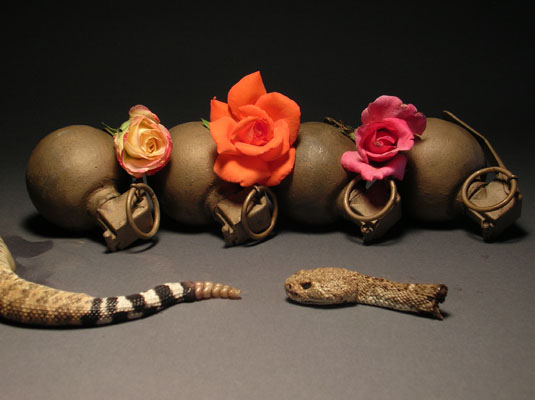
-
Low Fire Ceramic Vessel
2011 32"x12"
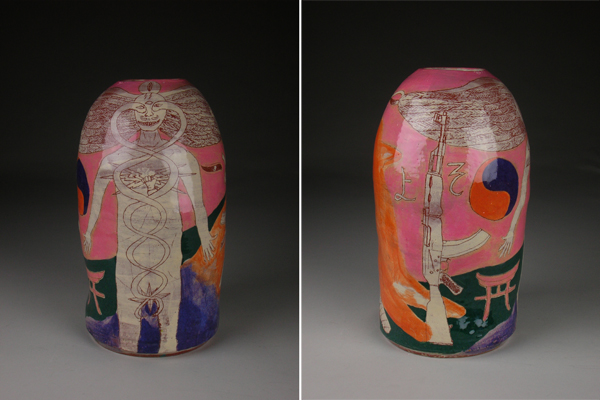
-
Low Fire Ceramic Sculpture
2007 32"x12"
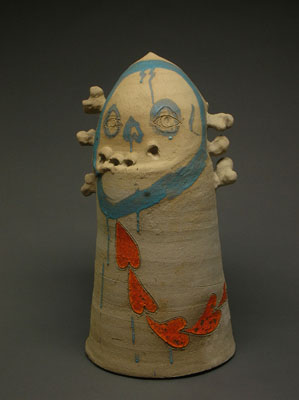
-
You Don't Understand (War Portrait)
2005 Low Fire Ceramic 76"x32"x32"
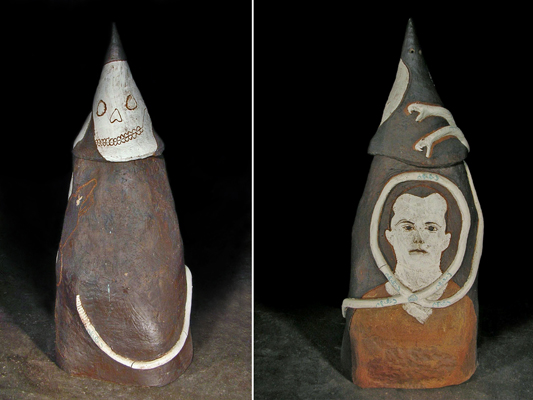
-
Cast Combat Paper Flag of the Welcome Home Flag
2010
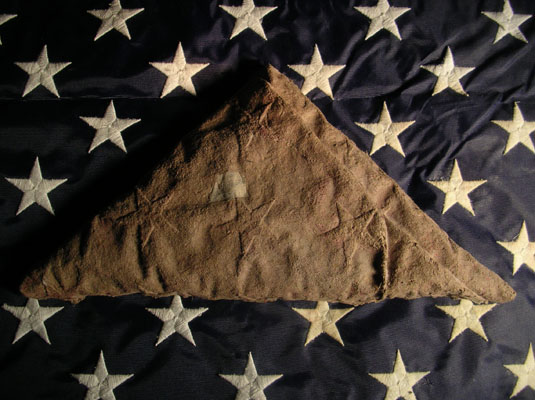
-
Pray for Peace (Friends Over-Seas)
60"x32"x14"
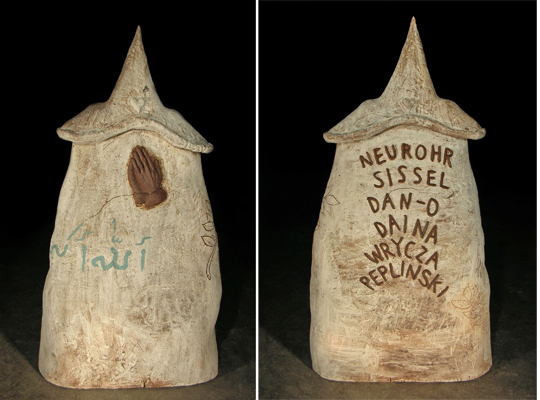
-
Pray for Peace (Friends Over-Seas)
Detail
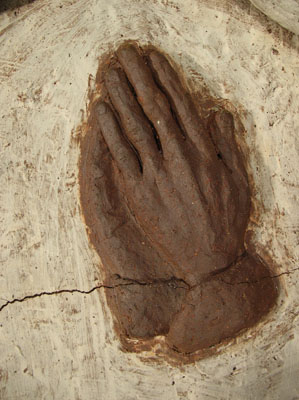
-
Self-Portrait Ceramic
2006 Low Fire Ceramic 76"x36"
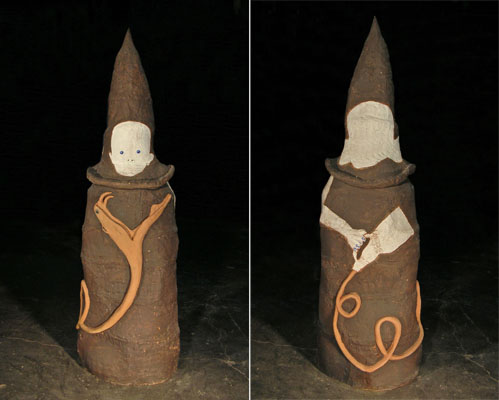
-
Low Fire Ceramic Vessel
2011 14"x8"
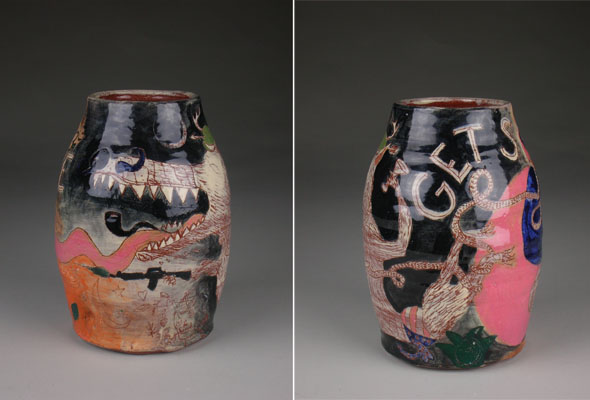
-
War Dog
2005 Ceramic 45"x36"x14"

-
Low Fire Ceramic Vessel
2011 6"x14"
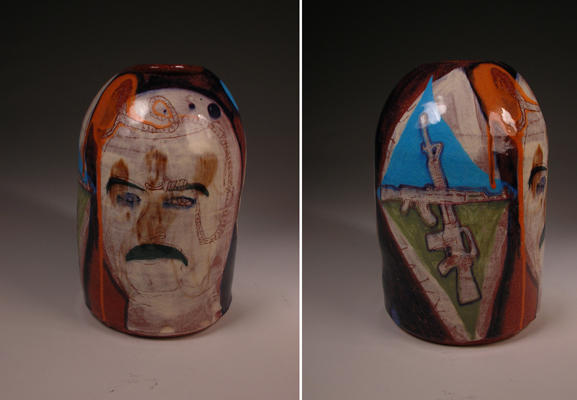
-
Low Fire Ceramic Vessel
2011 Low Fire Ceramic 20"x18"
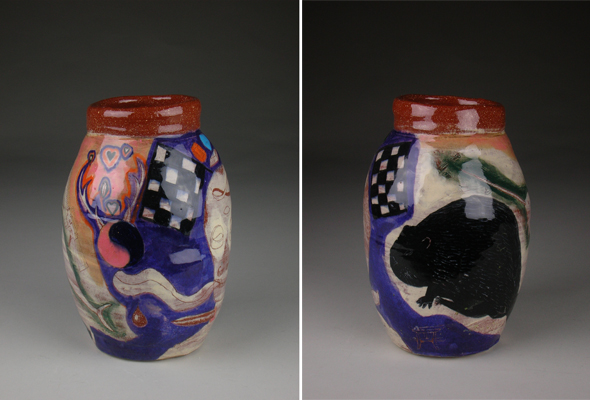
-
Low Fire Ceramic
2007 36"x14"
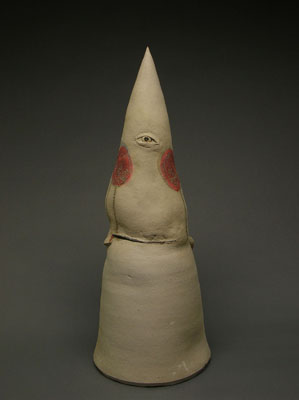
-
Low Fire Ceramic Vessel
2011 14"x8"
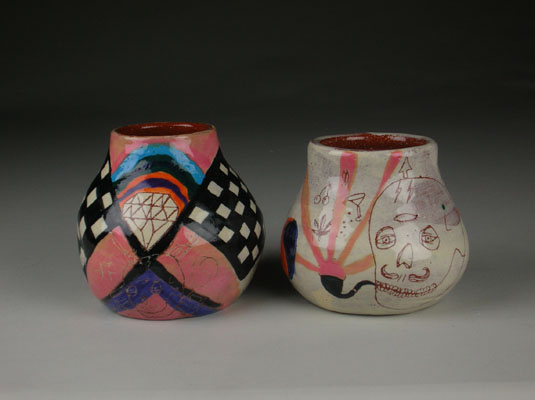
-
Thanks For Your Service
2010 Cast Combat Paper (Life-sized)

-
Low Fire Ceramic
2007 34"x14"
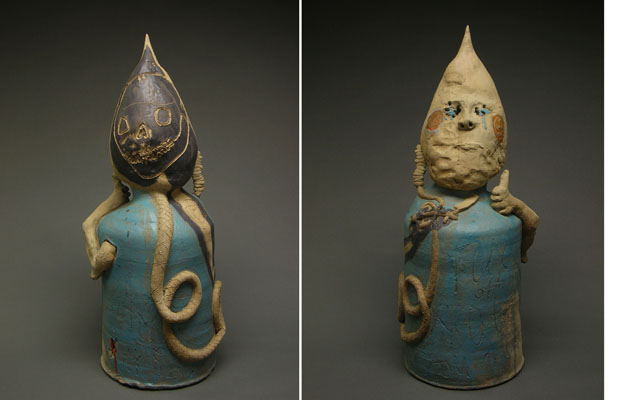
-
Triple Threat (series)
2010 Combat Paper Pulp Print (Hand-Formed Sheet, Pulp-Printed Combat Paper) 22"x30"
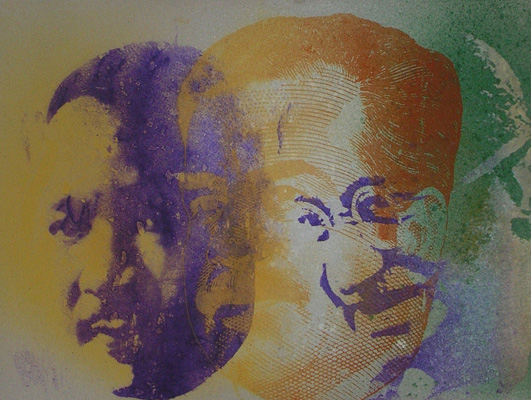
-
MLK Universe
2010 Combat Paper Pulp Print (Hand-Formed Sheet, Pulp-Printed Combat Paper) 18"x24"
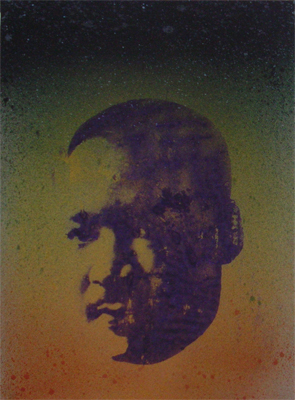
-
Ryan Casey
2001 Mixed Media

-
The All-Seeing Dick in the Eye
2010 Combat Paper Pulp Print (Hand-Formed Sheet, Pulp-Printed Combat Paper) 18"x24"
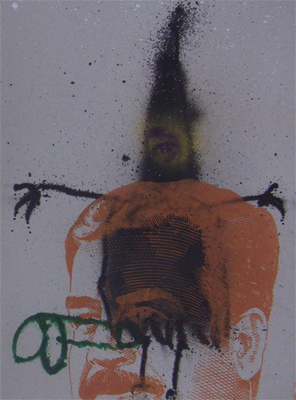
-
Soft Saddam
2010 Combat Paper Pulp Print (Hand-Formed Sheet, Pulp-Printed Combat Paper) 18"x24"
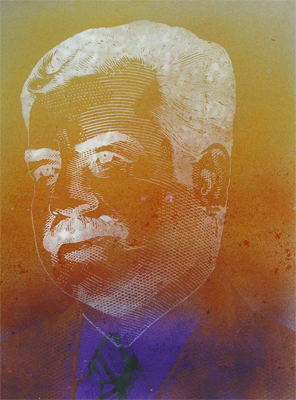
-
MLK Infinity
2010 Combat Paper Pulp Print (Hand-Formed Sheet, Pulp-Printed Combat Paper) 18"x24"
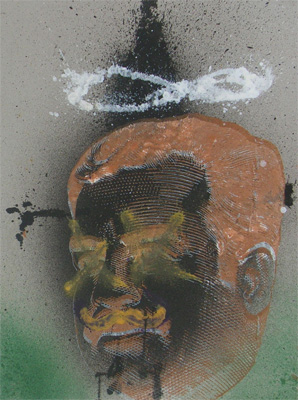
-
Halloween Series
2001 Mixed Media Drawing
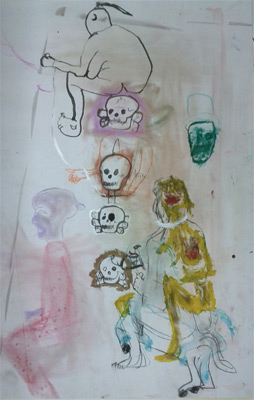
-
Bemis Center For Contemporary Art, Omaha
2010 Mixed Media Drawings, Combat Paper, Bronze, Wood
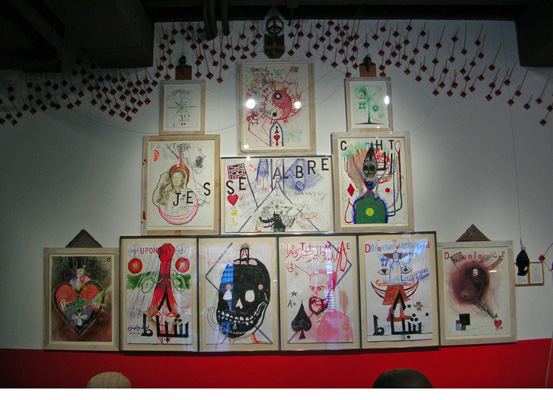
-
Survival Knife Series
2011 Mixed Media Drawing
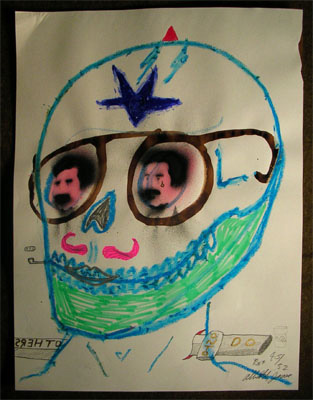
-
Abu's All-Seeing Eye
2010 Combat Paper Pulp Print (Hand-Formed Sheet, Pulp-Printed Combat Paper) 18"x24"
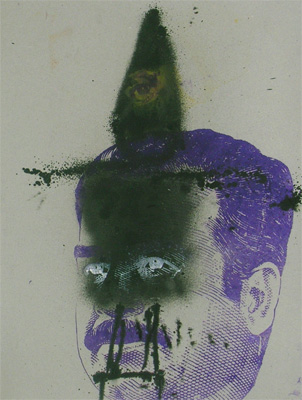
-
Triple Threat (series)
2010 Combat Paper Pulp Print (Hand-Formed Sheet, Pulp-Printed Combat Paper) 22"x30"
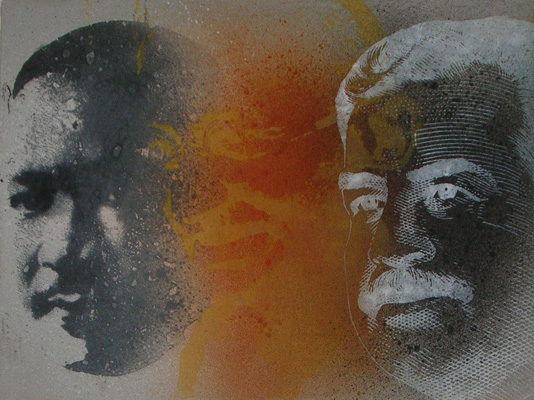
-
MLK Infinity
2010 Combat Paper Pulp Print (Hand-Formed Sheet, Pulp-Printed Combat Paper) 18"x24"
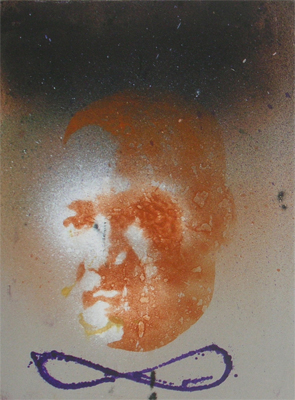
-
Life Drawing
2001 Mixed Media Drawing

-
MLK
2010 Combat Paper Pulp Print (Hand-Formed Sheet, Pulp-Printed Combat Paper) 18"x24"
